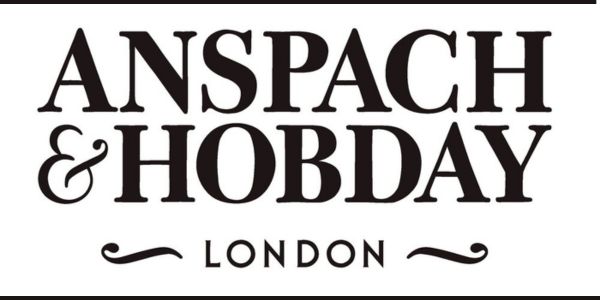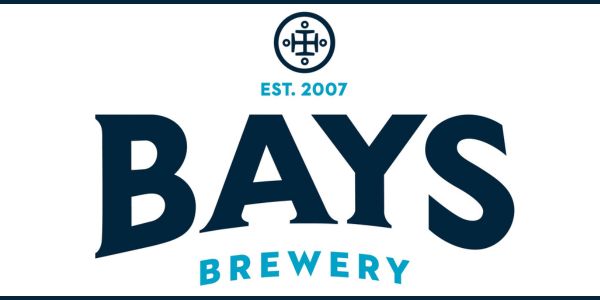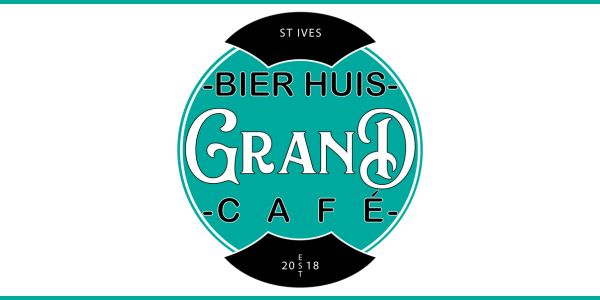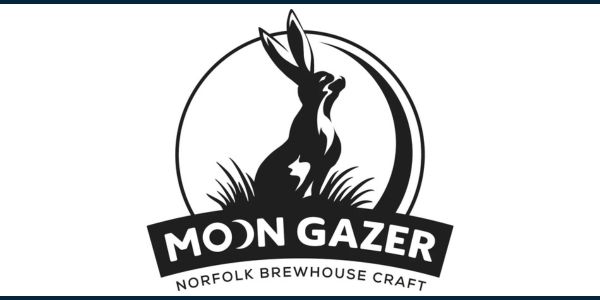Devolved governments in Scotland and Wales have made changes to business rates which will affect the hospitality industry.
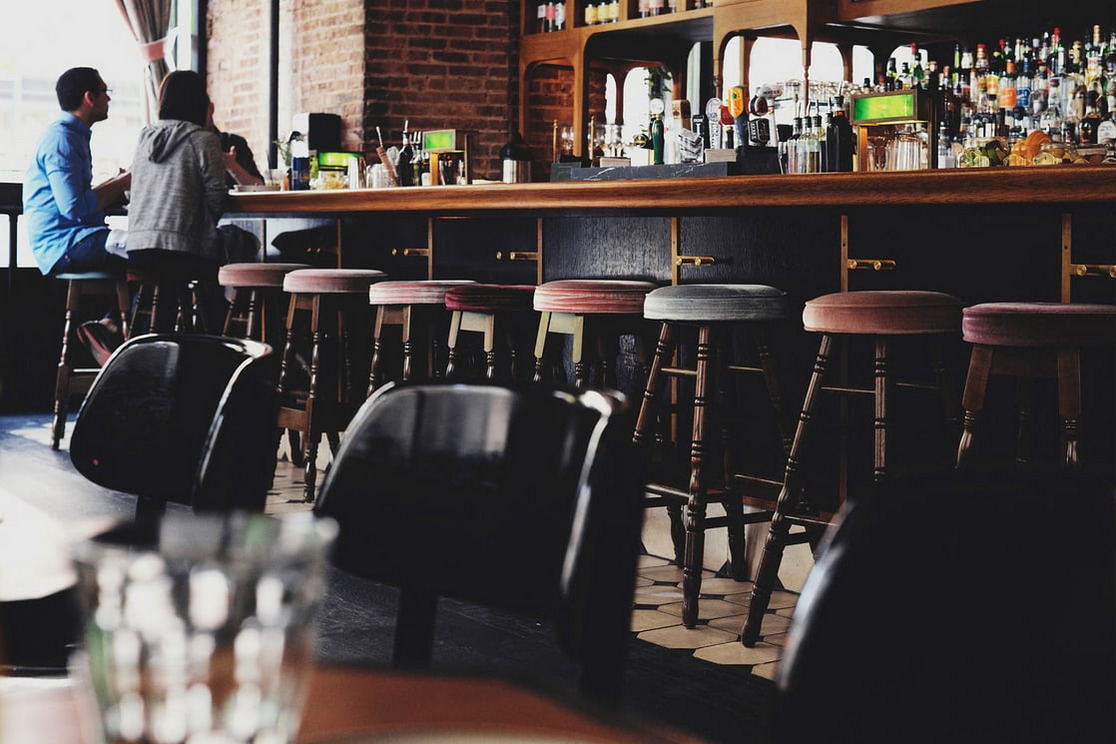
While it is giving 100% rates relief for hospitality businesses in island communities, the Scottish government is not passing on the 75% rates discount that English pubs are getting.
“Yet again, it seems that the Scottish government just doesn’t understand the importance of our pubs, social clubs,, and breweries as a vital part of our social fabric, bringing communities together and providing a safe, regulated environment to enjoy a drink with friends and family,” said CAMRA’s Scottish director Stuart McMahon.
“Our locals are community hubs that need and deserve help to make sure that they survive and thrive. With reports that pubs are closing at a faster rate here than elsewhere in the UK, Scottish government ministers urgently need to re-think the decision not to give our locals the 75% discount with business rates bills that pubs south of the border are receiving.
“The Scottish government also needs to support consumers, pubs, and breweries in the new year by ditching any plans to bring back restrictive bans on alcohol advertising.”
In a joint statement, the Scottish Tourism Alliance, UKHospitality Scotland, the Scottish Licensed Trade Association, and the Scottish Beer and Pub Association said: “With estimated consequentials of around £230 million coming to Scotland as a result of the 75% rates relief afforded to businesses in England, the Scottish Government has squandered a golden opportunity to support one of the country’s most important sectors for the second year in a row.
“The 100% rates relief, which has been announced for hospitality businesses in our island communities, is welcomed, given the economic disruption these businesses have experienced as a result of years of underinvestment in our ferry infrastructure. However, this measure falls very short of what has been expected.
“It is an extreme disappointment for tourism and hospitality businesses across Scotland. The lack of business support measures will see many thousands of tourism and hospitality businesses facing acute financial challenges in the next year, tipping many into crisis. It also entrenches the fact that it is now immeasurably harder to run a hospitality, leisure or tourism business in Scotland, than anywhere else in Britain.
“This is particularly highlighted by the decision not to support the sector with rates relief, at a time when pubs in Scotland are already closing at twice the rate of those in England. Around 10,000 of our businesses will not benefit from the Small Business Bonus Scheme, leaving them unsupported, and this growing gulf with the rest of Britain will cost jobs, economic growth, investment, and, ultimately, tax revenues, which are needed to fund public services.
“The announcement of a new income tax band will also hit our sector’s ability to recruit senior and highly experienced candidates from elsewhere in the UK and potentially retain our emerging leadership talent. Businesses already report that it is challenging to fill vacancies, with higher tax in Scotland being a barrier.”
In Wales, the government is to reduce help with pubs’ business rates from 75% to 40%. However, bills will rise by 5%.
Director of CAMRA Wales, Chris Charters, said: “Pubgoers will be disappointed to see support for business rates bills for pubs, social clubs, and breweries being cut, despite money from the UK government being made available to keep the discount at 75%.”
UKHospitality Cymru’s executive director, David Chapman, said: “It must be remembered that hospitality businesses already pay more than their fair share of business rates because the current system is out of date and punitive for bricks and mortar businesses.
“This reduced level of support now leaves businesses in Wales at a competitive disadvantage to businesses in England. Small businesses, in particular, will feel hard done by as their counterparts will see rates frozen across the border. A typical local pub or restaurant in Wales will, for example, be paying £6,400 more than one in England.”

